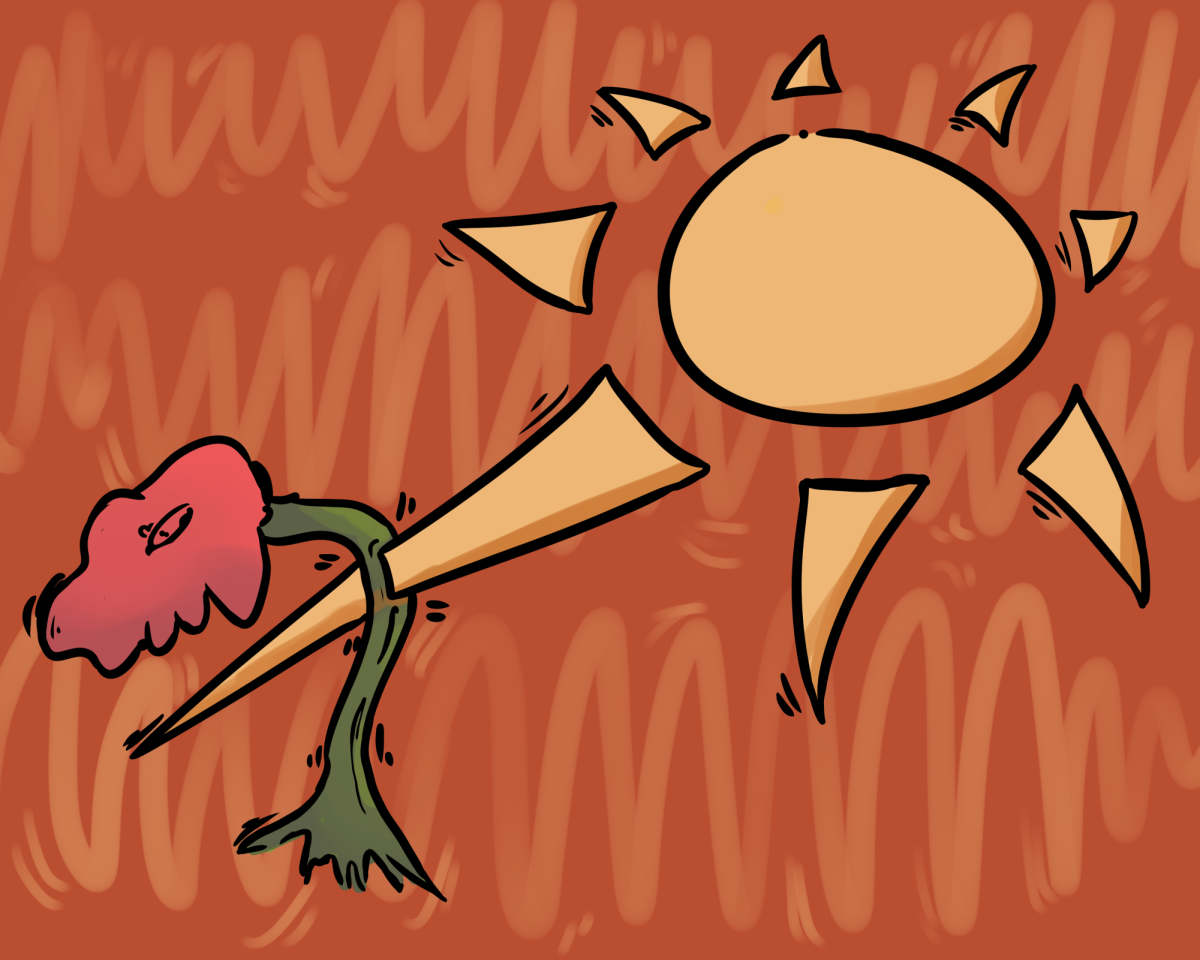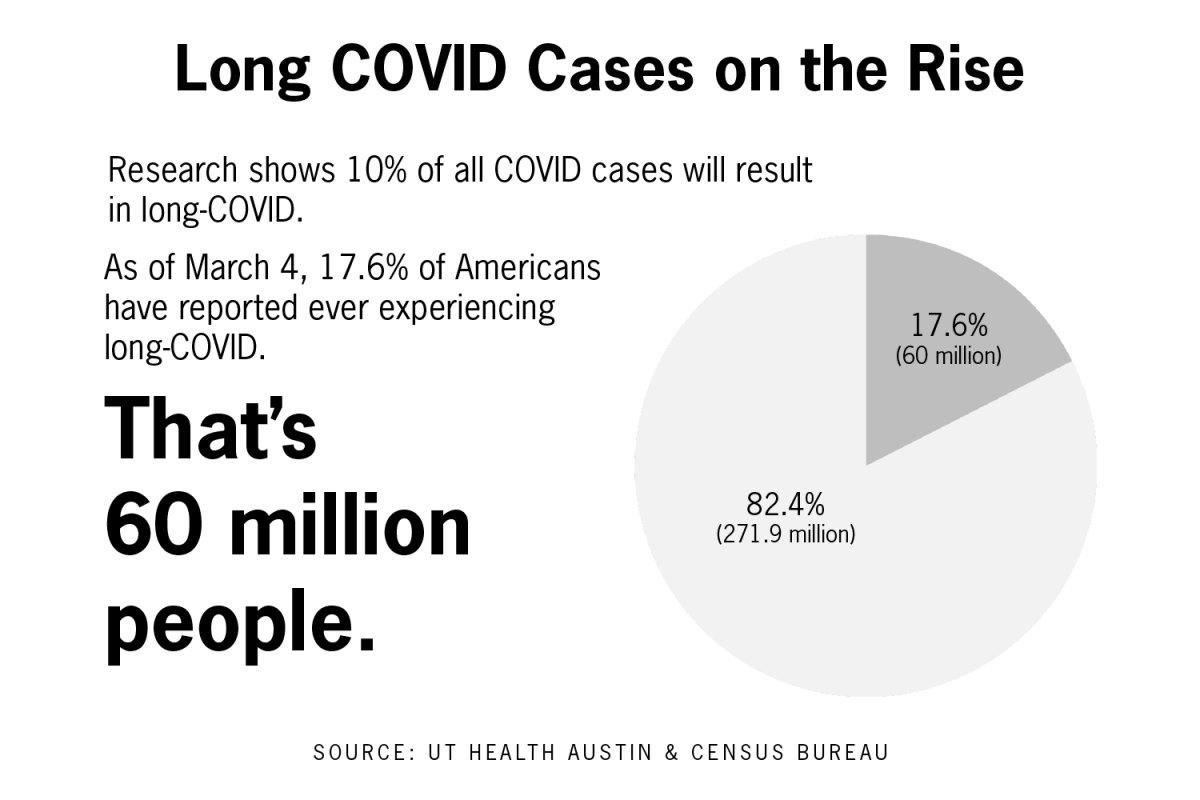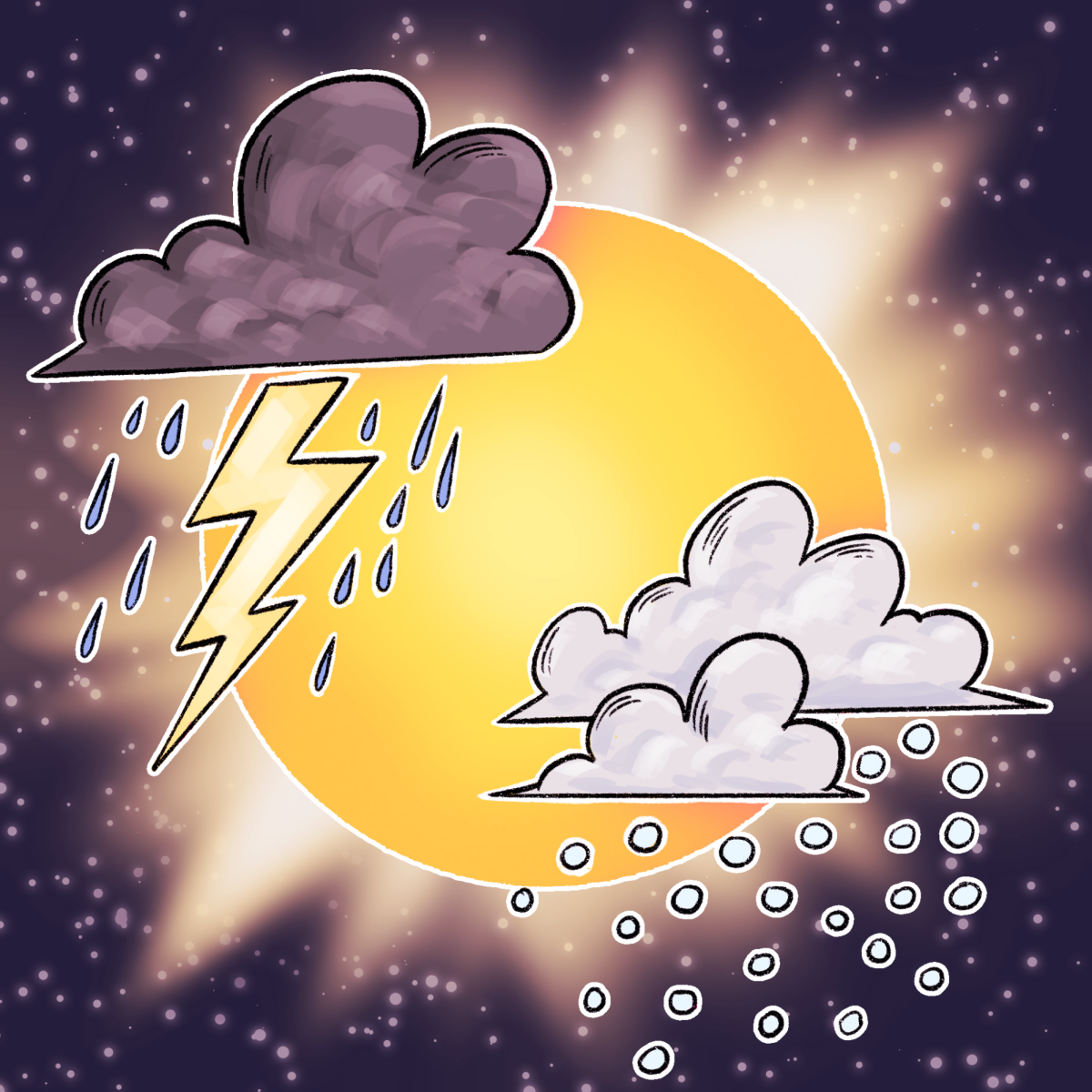Dry agricultural seasons in Central America are driving increased immigration to the United States, according to an Oct. 26 study conducted by researchers from UT and the University of Utah.
The study, published in Scientific Reports, used two data sets, each covering the time between 2012 to 2018. The first is a Customs and Border Protection data set obtained through a Freedom of Information Act request. It encompasses roughly 324,000 migrants apprehended outside of formal ports of entry at the U.S.-Mexico border while traveling with their families from El Salvador, Honduras or Guatemala, known as the Northern Triangle of Central America. The second used a meteorological index known as SPEI03, or Standardized Precipitation-Evapotranspiration Index 3-month average, measuring drought levels in a given region.
The study showed that conditions just one standard deviation drier than the baseline contributed heavily to an almost 71% increase in migration from Northern Triangle countries to the United States, even with regional crime and poverty accounted for.
Study co-author Joshua Busby said the type of migration influenced by climate change can have significant global consequences.
“Large-scale migration both within and between countries can, under certain circumstances, be destabilizing,” public affairs professor Busby said. “How are those folks going to be treated by the recipient countries as they move? … This is a coping strategy that people use to try to survive. How do you help (migrants) satisfy their needs?”
Study co-author Stephanie Leutert feels the findings are directly relevant to students on campus with families living in the affected countries.
“Through this historical perspective, the paper shines a light on what many … families and communities have been experiencing over the past decade,” Leutert, director of the Strauss Center for International Security and Law’s Central America and Mexico Policy Initiative at the University said in an email statement. “Yet, the paper also points to future challenges for individuals within the region, since drier than normal conditions are likely to continue and worsen in the coming years.”





















